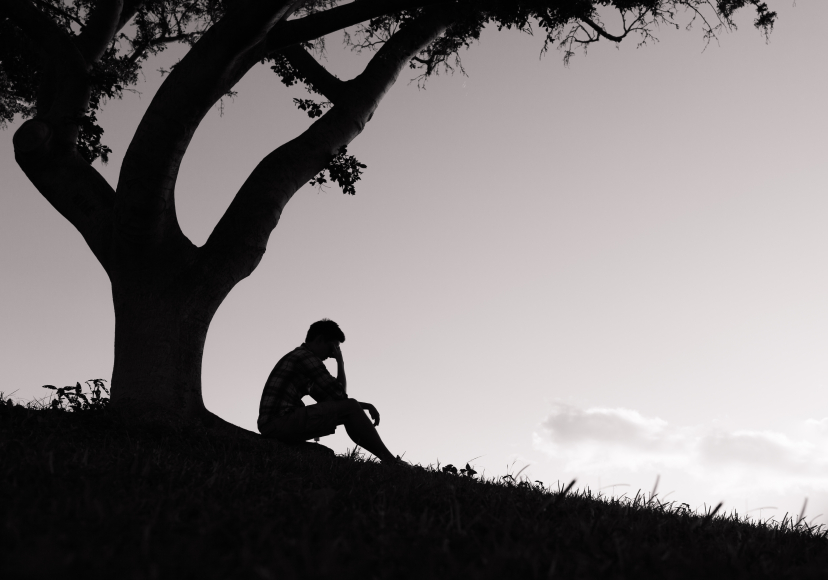Depression
Depression It might not be the most amazing thing to talk about. It is one of the most deadliest thing ever I have come acrossed. I lost a dear friend due to Depression. Not to miss myself was in depression and nobody comes out the same that I can assure but its not that bad I was able to handle myself from depression and I want to help others too.
I'm not a mental health professional, but I can provide some general information on how depression is typically treated. Keep in mind that the best course of action may vary depending on the severity of the depression and individual circumstances. It's important to consult with a qualified healthcare provider for an accurate diagnosis and personalized treatment plan. Here are some common approaches:
Psychotherapy: Talk therapy, such as cognitive-behavioral therapy (CBT), can help individuals identify and change negative thought patterns and behaviors that contribute to depression. Other types of therapy, like interpersonal therapy (IPT) or psychodynamic therapy, may also be beneficial.
Medication: Antidepressant medications may be prescribed by a psychiatrist to help alleviate symptoms of depression. Common types of antidepressants include selective serotonin reuptake inhibitors (SSRIs) and serotonin-norepinephrine reuptake inhibitors (SNRIs). It's essential to follow the medication regimen as directed by a healthcare professional.
Lifestyle changes: Engaging in healthy habits can support overall well-being and potentially alleviate symptoms of depression. This may include regular exercise, maintaining a balanced diet, getting enough sleep, and reducing or managing stress. Supportive relationships, socializing, and engaging in activities you enjoy can also be helpful.
Support groups: Joining a support group or attending therapy groups with individuals who are experiencing similar challenges can provide a sense of community and understanding. Sharing experiences and coping strategies with others can be beneficial.
Self-care: Taking care of yourself is crucial. This involves engaging in activities you find pleasurable and relaxing, setting realistic goals, practicing mindfulness or meditation, and ensuring you have adequate time for rest and leisure.
Avoid self-medication: It's important to avoid using alcohol or drugs as a way to cope with depression. Substance abuse can worsen symptoms and make it harder to recover.
Remember, these are general suggestions, and treatment for depression should be tailored to an individual's specific needs. If you or someone you know is struggling with depression, it's crucial to seek professional help from a mental health provider who can provide an accurate diagnosis and appropriate treatment.



Comments
Post a Comment